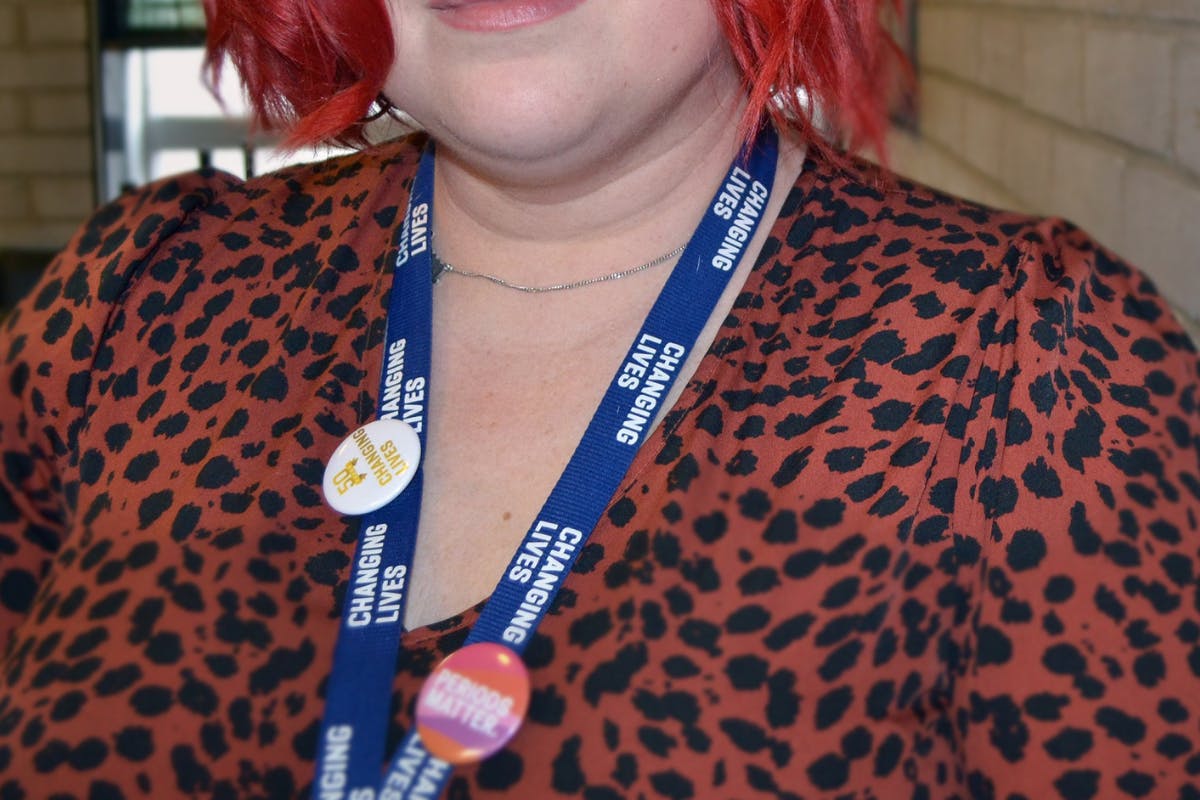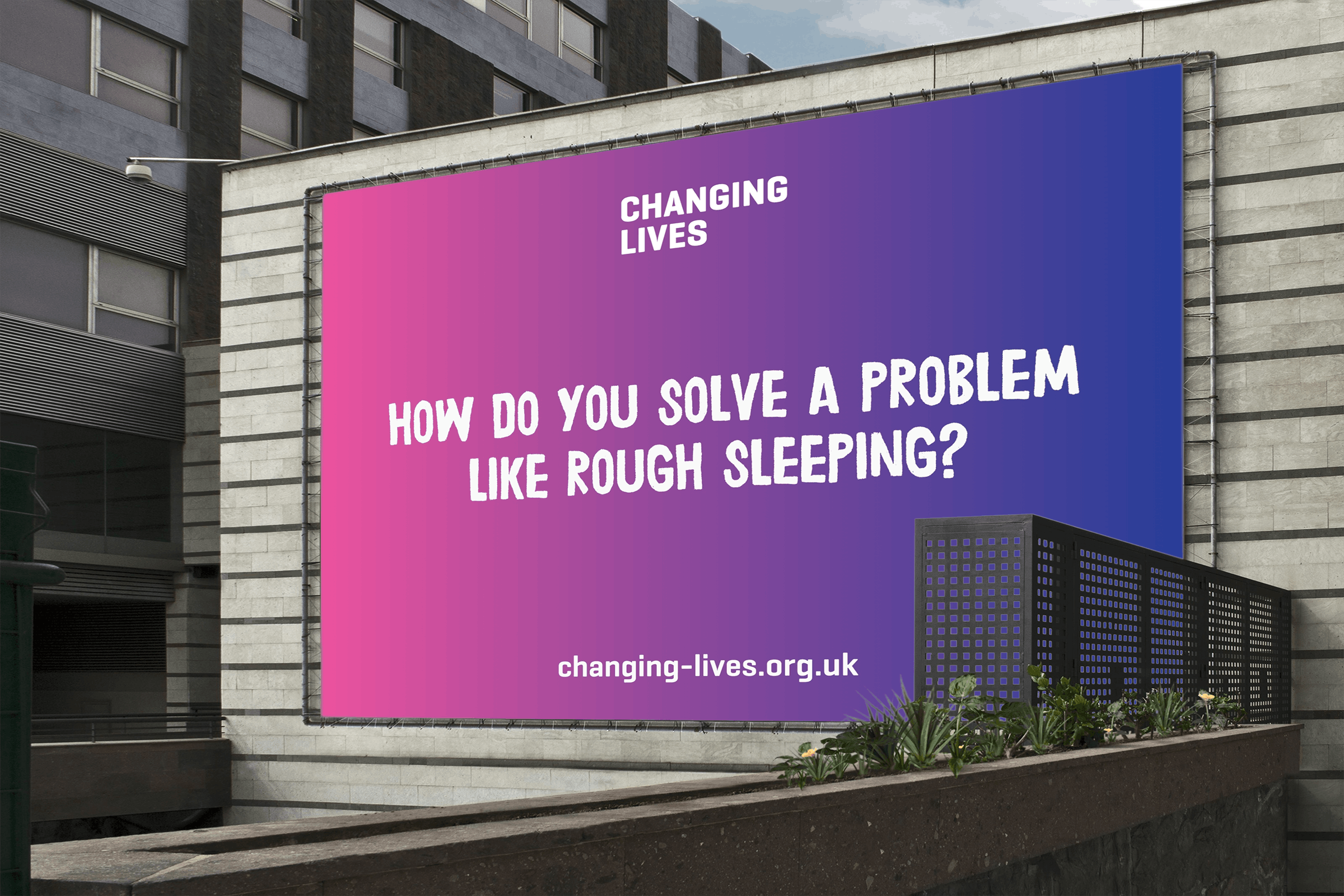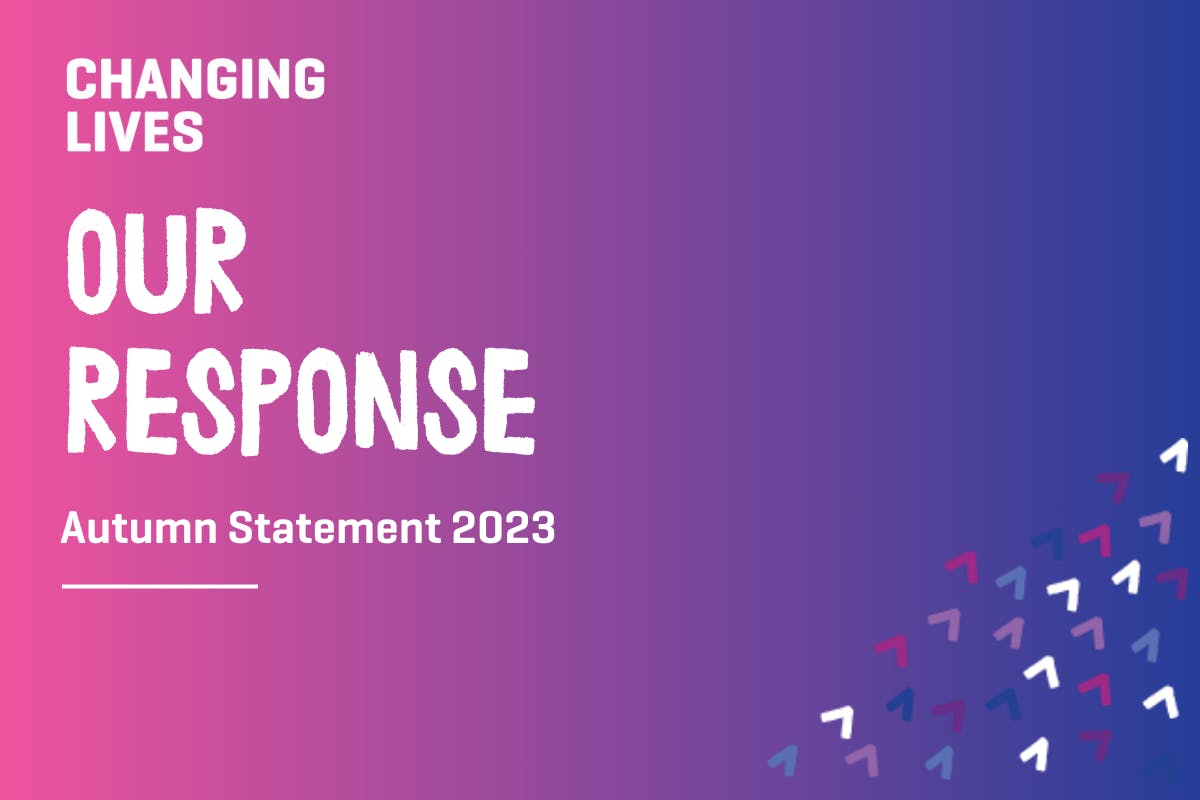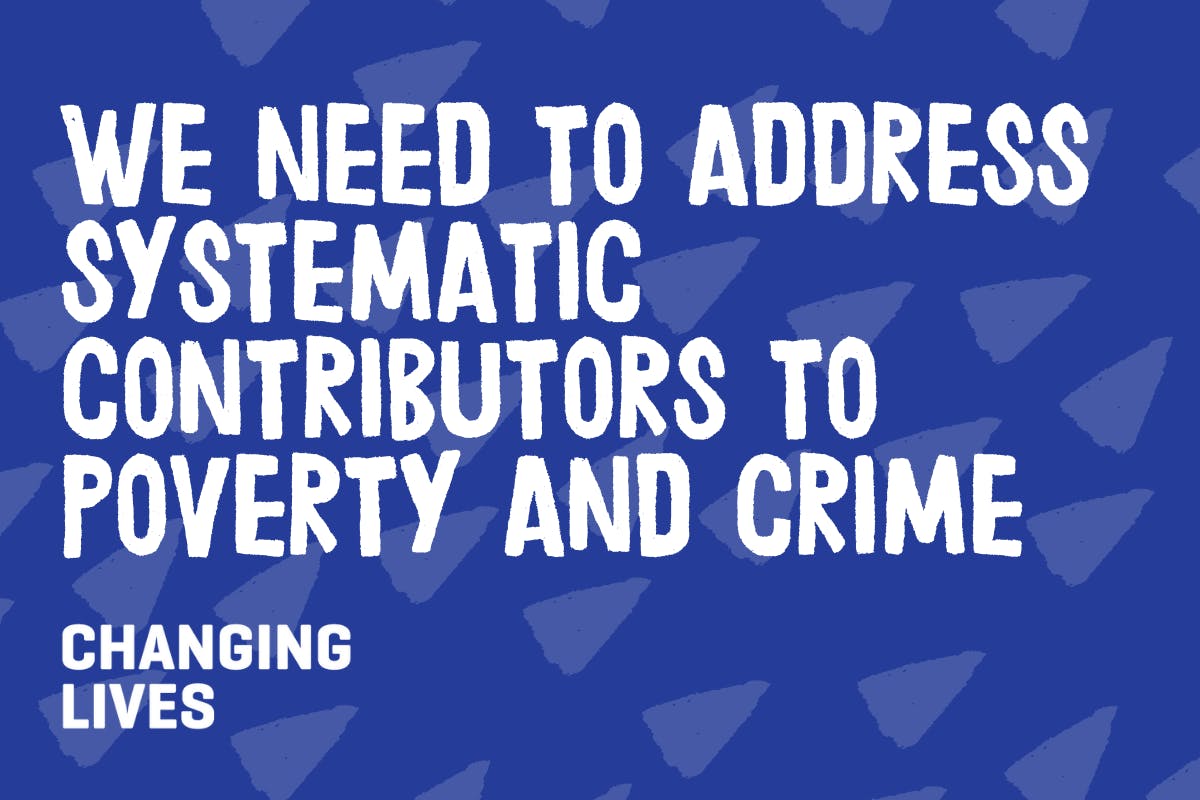With local elections coming up on 2nd May, our Policy Manager, Philippa Rousell, sets out what we hope to see from mayors and police and crime commissioners.
On 2nd May people will be taking to the polls across England and Wales to elect local councillors, mayors and police and crime commissioners. For the first time, people in the North East and York & North Yorkshire will be able to elect a mayor who will have responsibility for significant new funding and powers for their respective regions.
The successful candidates will face numerous challenges but also have some exciting new opportunities. Devolution gives greater decision-making power to local areas, meaning they have more freedom to change entire systems for the better. At Changing Lives we support many people who face multiple disadvantage and social exclusion. Plans made by leaders at both a local and a national level do not always meet their needs, but there is an opportunity to change that.
We have been reaching out to candidates in areas where Changing Lives deliver services to ask them to commit to the following pledges:
1. Take practical steps to ensure that the needs of women, including those with multiple unmet needs, are understood and met across the region.
Many of our systems are designed to meet the needs of men, leaving women unsupported and contributing to gender inequality. In the North East this is having devastating consequences, with women 1.7 times more likely to die as a result of suicide, drug/alcohol misuse and domestic homicide in the North East when compared to England and Wales as a whole.
Practical steps to meet this pledge could include:
- Developing a local whole system approach to women in the criminal justice system, ensuring that women can access gender-specific support at all stages.
- Exploring responses to crimes that women are disproportionately prosecuted for, such as non-payment of TV licences and school non-attendance.
- Investing in gender-specific, trauma-informed support accommodation.
2. Prioritise tackling all forms of violence against women and girls.
Violence against women and girls (VAWG) refers to crimes that can affect people of all genders but disproportionately affect women and girls. Some forms of VAWG, such as adult sexual exploitation, receive limited attention and there is widespread misunderstanding. More work still needs to be done around domestic abuse and rape, but attention also needs to be given to other forms of VAWG that are not as well understood.
Practical steps to meet this pledge could include:
- Developing a comprehensive VAWG strategy that explicitly addresses all forms of VAWG, including adult sexual exploitation
- Working in partnership to ensure suitable refuge provision for all those fleeing abuse and exploitation, including those with multiple unmet needs.
- Delivering training for police to identify the signs of adult sexual exploitation and other poorly recognised forms of VAWG.
- Improving understanding of adult sexual exploitation through enhanced data collection, including adding an exploitation flag to police systems if one does not already exist.
3. Address the root causes of offending behaviour.
It is not enough to simply punish offending behaviour and expect this to have a deterrent effect on others. In order to reduce crime, and the number of victims of crime, it is vital to tackle the reasons why people offend at the earliest opportunity.
Practical steps to meet this pledge could include:
- Investing in diversion schemes meaning that, rather than being prosecuted through the courts, people are given support to address the reasons behind their offending in the community.
- Developing innovative responses to poverty-driven crime, as an alternative to giving people fines that they have no hope of paying.
- Working with probation and commissioned services to ensure that community sentences include requirements that are actually meaningful rather than just punitive.
- Exploring the possibility of extending support to those given community sentences beyond the mandatory days dictated by the court.
4. Break down barriers to work
Many people who have experience of multiple disadvantage and trauma need additional support to access work. Even with record job vacancies, many people we support lack the skills and confidence to apply for, obtain and sustain employment, or have histories that reduce the likelihood of being offered a job. With the right support they can overcome these barriers to work, but funding has been precarious since funding from the European Social Fund ended.
Practical steps to meet this pledge could include:
- Long-term sustainable funding for specialist support for people with multiple barriers to work, including in-work support to help people maintain new jobs.
- Free or subsidised public transport for people who are unemployed and seeking employment, allowing them to not only attend work-related appointments but also health appointments, maintain contact with children etc.
- Recognising the importance of ‘soft skills’ and non-accredited learning in Local Skills Improvement Plans
5. Invest in affordable housing
The lack of affordable housing across the region, and particularly in York, makes it extremely difficult to move people on from homelessness services.
Practical steps to meet this pledge could include:
- Prioritising creation of new social housing.
- Lobbying government to maintain the Local Housing Allowance at 30% of market rates or higher.
- Ensuring that analysis of what counts as ‘affordable’ housing is based on local earnings, rather than local market rent levels.






